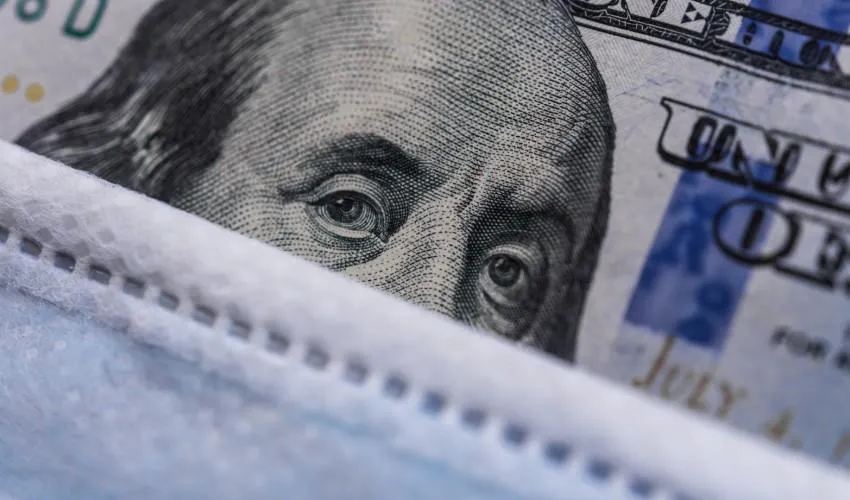
Capturing Changing Social Attitudes Towards the US Government
Bocconi professors Arnstein Aassve, Chen Peng, Nicolò Cavalli and Letizia Mencarini were carrying out a survey called "The Relationship Between Trust and Institutions in the United States" when the COVID-19 pandemic broke out. The team, along with Pierluigi Conzo at the University of Turin, jumped at the chance to adjust their questionnaire to measure how these attitudes are playing out during the health emergency. The survey, included in the COVID Crisis Lab, mapped 100 individuals daily for 10 days starting on 6 April. After a 20-day break, the team went back starting in early May and re-interviewed the same people in order to understand whether they changed their opinions as the situation worsened. "I am excited about it, because we really captured the unfolding of the pandemic. We just turned around and said, lets jump in, let's get in the field," said Arnstein Aassve, Professor in Demography.
As a methodology, they opted for open ended questions like "To what extent do you trust Donald Trump" asking for written responses, and then applied techniques like data mining and text analysis to draw out any patterns. The questions focus on levels of trust for the World Health Organization, science, social media, the U.S. government and the U.S. President. It should indicate whether U.S. President Donald Trump's attack on the WHO will create polarization among the American public. "It's kind of a bottom-up approach to try to understand what trust really means, rather than asking respondents to give a score from 1 to 10," Professor Aassve said.
The next step is to ask people taking the survey if they would be willing to provide their Google Takeout data, so to compare their responses to actual movements during the lockdown.